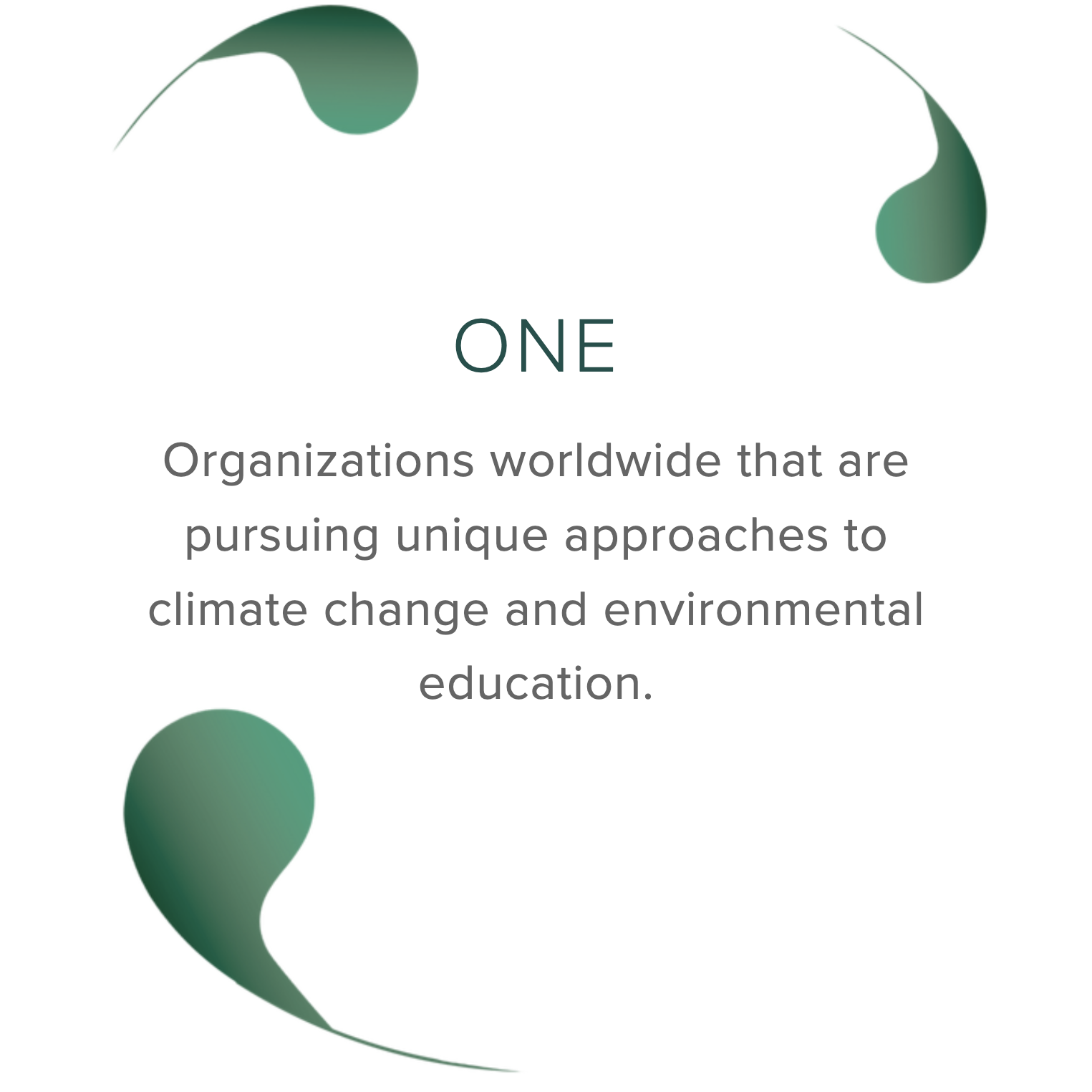A Two-Fold
Approach
The goal
The Foundation reflects our family’s belief that the key challenges of our time are inequality of opportunity and the threat of climate change. In order to allow all humans to have the resources necessary to fulfill their innate potential, we must address barriers to that potential. At the same time, we must ensure the health of our planet, because failure to do so will negatively impact the lives of all who live upon it.
In working to support human opportunity, we almost exclusively support organizations working with children, predominantly those from zero to five, and their families. We’ve chosen this focus because research demonstrates that the earlier a child receives the nurture necessary for his or her development, the better the chance of success in school and in life thereafter. We therefore believe our focus on early intervention maximizes the impact of our grants.
Our growing portfolio of environmental grantees is working to combat climate change, protect rainforests, preserve biodiversity, and promote public awareness and action around environmental issues. Through our work and our partners, we are deepening our understanding of how to address the challenges of climate change and learning how intertwined success may ultimately be with engaging indigenous communities in the fight against deforestation and environmental degradation.
As our family’s younger generation has become increasingly active in our work, they have helped push us toward a growing focus on the challenge of climate change and the threat it poses to human potential everywhere.
What we fund
The Stockel Family Foundation supports innovative 501(c)(3) organizations providing direct services, intervention and education programs for those facing economic and/or developmental challenges in Greater Los Angeles and Atlanta. Our Mission is broad and flexible enough to encompass agencies from food banks and homeless shelters, to pre-schools, hospitals, and arts and environmental organizations, but we have chosen to focus primarily on early intervention for children aged zero to five and their families, because it is there we believe we can have the most systemic impact.



